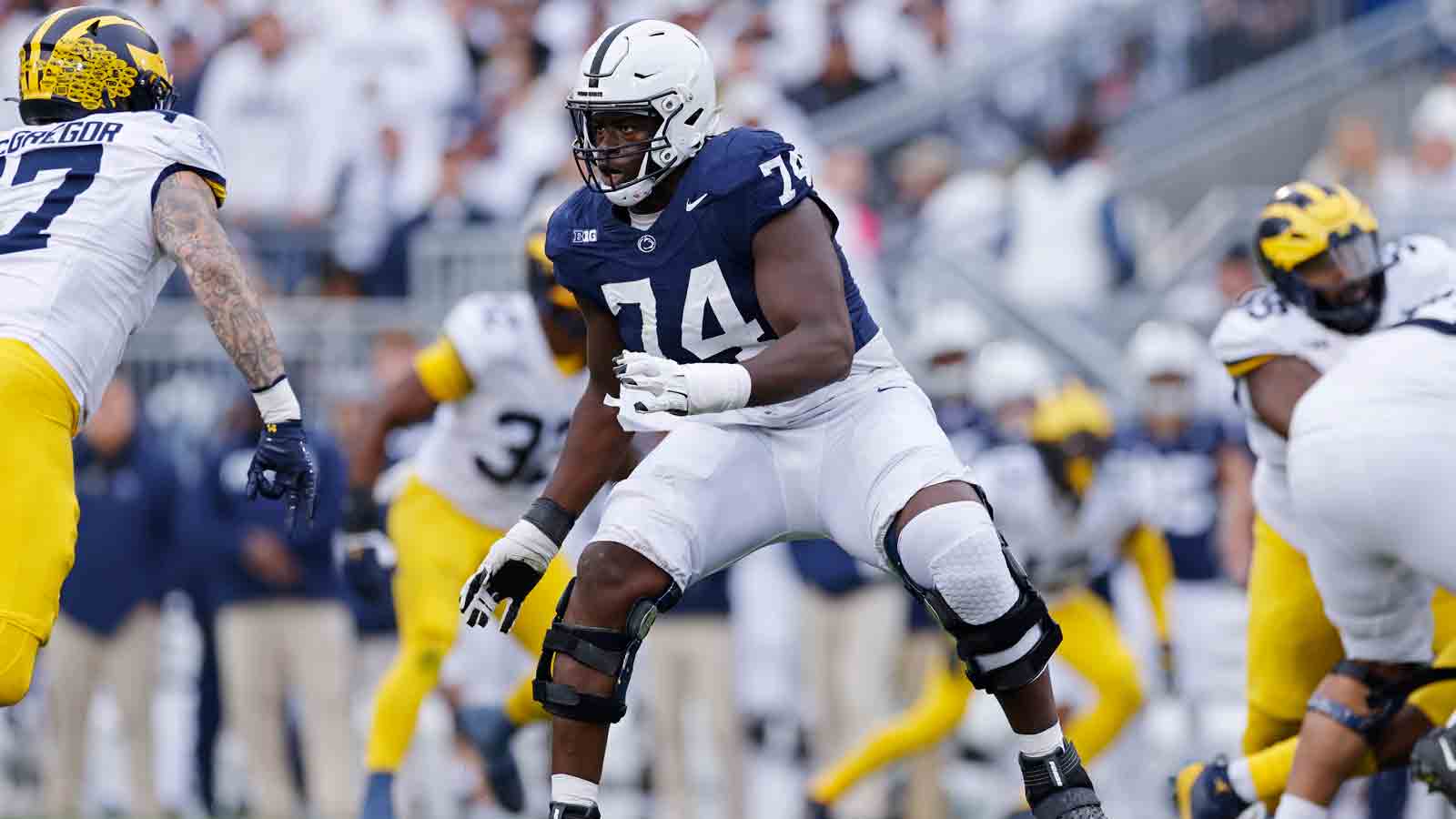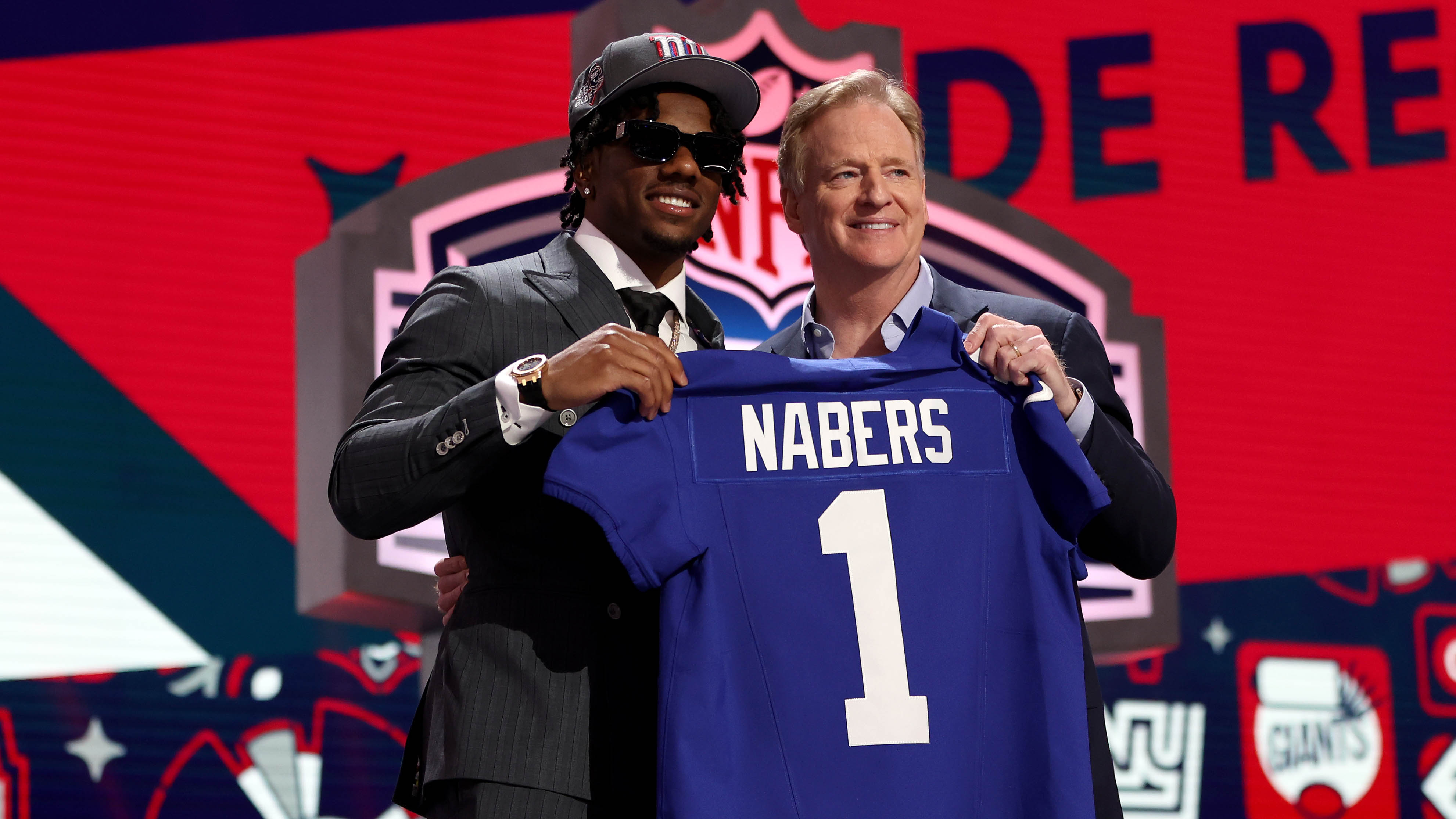Former Tennessee congressman Harold Ford Jr. said Monday he won't challenge Sen. Kirsten Gillibrand in this fall's Democratic primary because he doesn't want to divide and weaken the party.
The would-be senatorial candidate did, however, say that he hopes "another opportunity presents itself" down the road.
In a New York Times op-ed posted online for Tuesday's editions, Ford said he believed he could have won but didn't want to risk a bitter primary that could help a Republican take the seat.
"I've examined this race in every possible way," Ford wrote, "and I keep returning to the same fundamental conclusion: If I run, the likely result would be a brutal and highly negative Democratic primary — a primary where the winner emerges weakened and the Republican strengthened."
Ford, who returned to his old job Tuesday as an MSNBC pundit, moved to New York after losing the 2006 U.S. Senate race in Tennessee, taking a job with Bank of America Merrill Lynch. He had spent the past seven weeks traveling the state and meeting with voters, Democratic dignitaries and elected officials to gauge support for a potential campaign.
"I realize this announcement will surprise many people who assumed I was running," Ford wrote. "I reached this decision only in the last few days — as I considered what a primary campaign, even with the victory I saw as fully achievable, would have done to the Democratic Party."
Gillibrand, who was appointed to her seat last year when Hillary Rodham Clinton became U.S. secretary of state, ignored Ford at first. But after Ford began regularly challenging her, the race that was not yet a race quickly turned ugly.
Ford called Gillibrand various names, including a hypocrite, a liar, an unelected senator and a parakeet who takes positions based on whatever party leaders tell her to do.
Gillibrand sought to paint Ford as a wealthy carpetbagger who cares only about his Wall Street friends and has tried to hide the conservative streak that made him popular in Tennessee.
Local
As a congressman, Ford described himself as "pro-life," said illegal immigrants should be deported if caught and voted for a constitutional amendment to define marriage as a union between a man and a woman.
Gillibrand spokesman Glen Caplin said "Gillibrand has shown that she takes a back seat to no one when it comes to fighting for New York" that no matter who her opponent is this fall she would "wage a vigorous campaign on her strong record and her vision" for the state.
The news about Ford was greeted with relief by some Democrats who feared a protracted primary battle would leave them vulnerable to a Republican challenge in November. State party chairman Jay Jacobs said Ford "sacrificed his opportunity for the greater good."
"I'm very pleased that he made that decision," Jacobs said. "I had stressed to him we need the Democratic party unified."
Ford would have faced the challenge of running without wide support from New York's Democratic power brokers.
Gillibrand has spent months lining up endorsements from labor unions, politicians and interest groups crucial to Democrats running statewide races. She has been endorsed by leaders of 59 of New York's 62 county party organizations, including those in Democrat-heavy Manhattan and the Bronx.
While Ford backed out of a potential primary against Gillibrand, he indicated his decision doesn't equate to a permanent leave of politics.
"I am a Democrat. But I am an independent Democrat," he wrote. "I am not going to stop speaking out on behalf of policies that I think are right — regardless of ideology, party or political expediency. I plan to continue taking this message across our state and across our nation."



